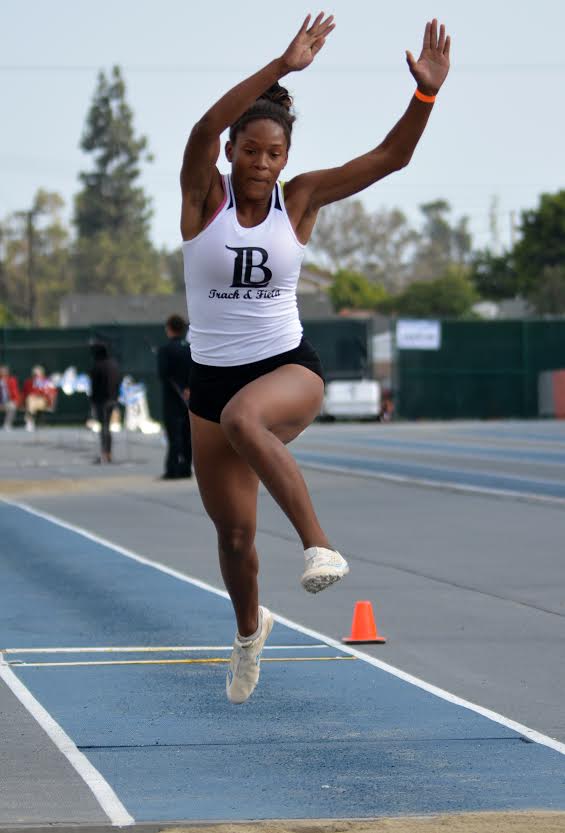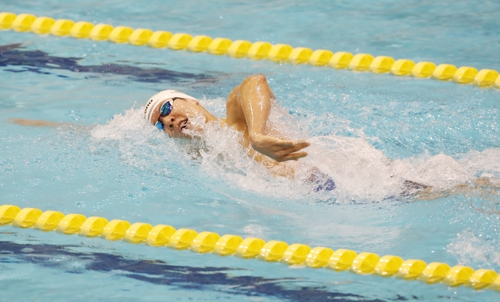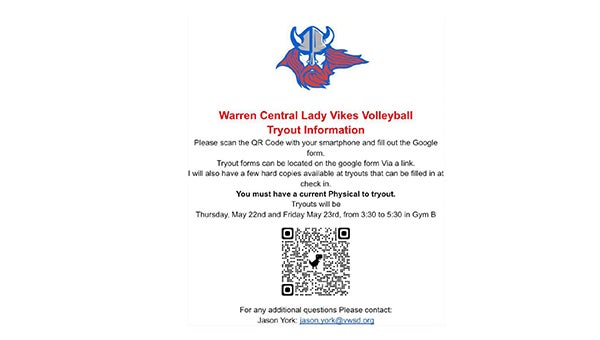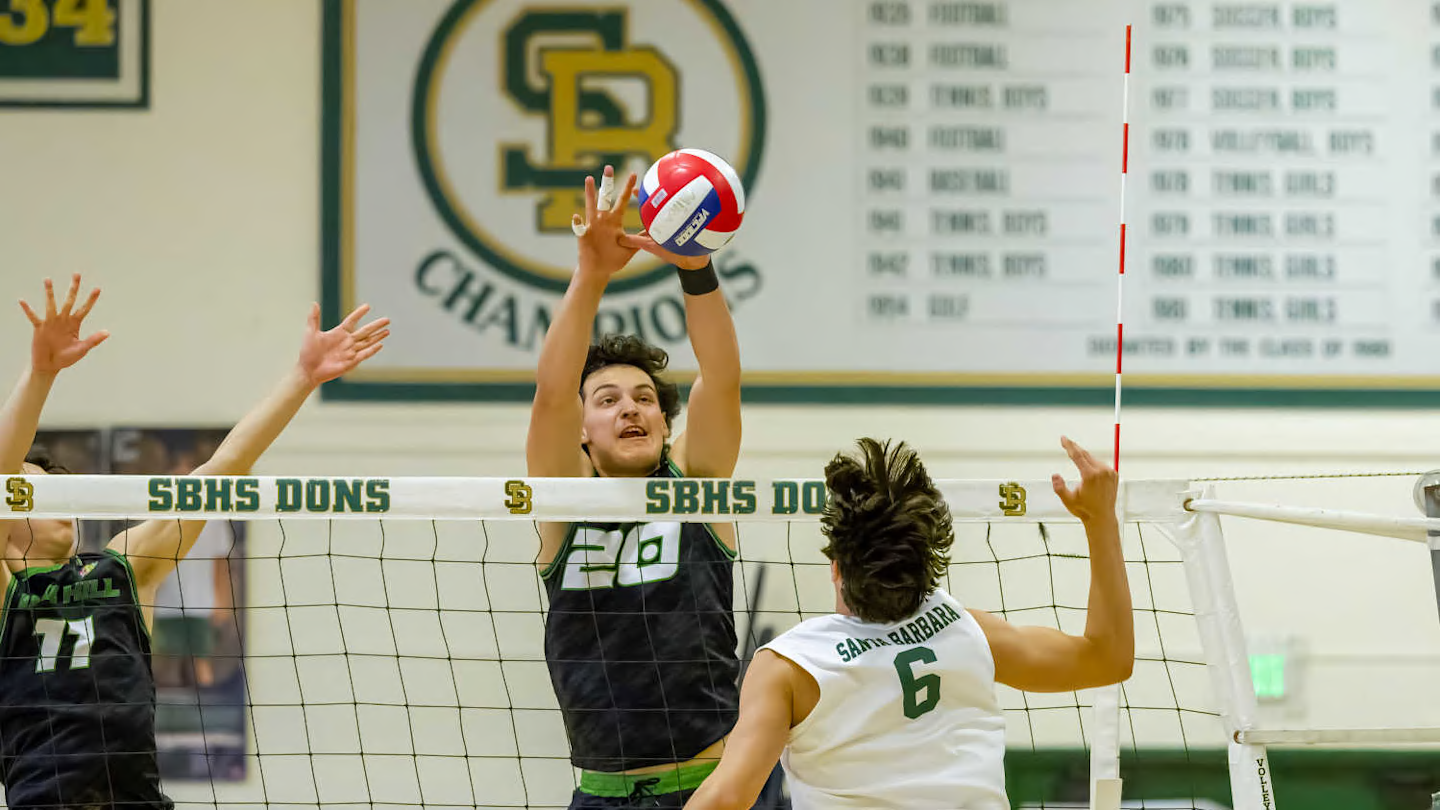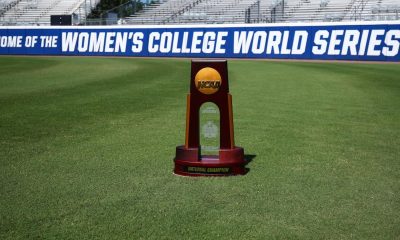![The photo is not related to the above article. [Photo source = Yonhap News]](https://wimg.mk.co.kr/news/cms/202505/19/news-p.v1.20250519.ca59e94170a24d89bc3bc355f7e3567f_P1.png)
It was judged that the university’s decision to reject a student who took the test wearing a swimming cap with his high school marked on it as a cheating person was justified in the physical education college entrance exam.
According to the legal community on the 19th, the 14th Administrative Division of the Seoul Administrative Court (Chief Judge Lee Sang-deok) ruled against the plaintiff in March in a lawsuit filed by A against University B asking him to cancel the rejection of the regular recruitment.
Mr. A took the practical test wearing a swimming cap with his high school marked on it while applying for the special admission of water polo for freshmen in the Department of Physical Education at B University in 2024.
At that time, the guidelines for regular recruitment at University B stated that “no sign can be made on sportswear (water polo is a swimsuit) (no sign of affiliation, name, etc.).
After receiving a complaint against A, University B treated A as a cheater and rejected him after fact-checking and deliberation by the University Admissions Screening Management Committee, and A filed an administrative lawsuit against him.
Mr. A claimed, “It is an illegal disposition based on insufficient guidelines for entrance examinations, as there is no prohibition on the ‘swimsuit’ in the recruitment guidelines, but there is no prohibition on the ‘swimsuit’,” but the court did not accept it as a natural interpretation that it would be prohibited to wear a ‘swimsuit’ marked with the affiliation.
“It does not deviate from the general meaning of the word to include swimming caps as one of the swimsuits,” the court said. “Considering the purpose of the regulation to prevent cheating and ensure fairness in entrance exams by allowing the ability of the examinee to be measured regardless of identity, there is no reason to treat swimming suits and swimming caps differently.”
A claimed that two other test-takers also wore swimming caps marked with marks and were not rejected, but the court saw that they were different in their case, not as an indication of their affiliation.
Regarding A’s claim that “supervisors did not give attention during the actual test,” the court explained, “The fact that the supervisors did not point out the reason and proceeded with the test as it was cannot be seen as giving trust to the plaintiff not to treat him as a cheater.”

